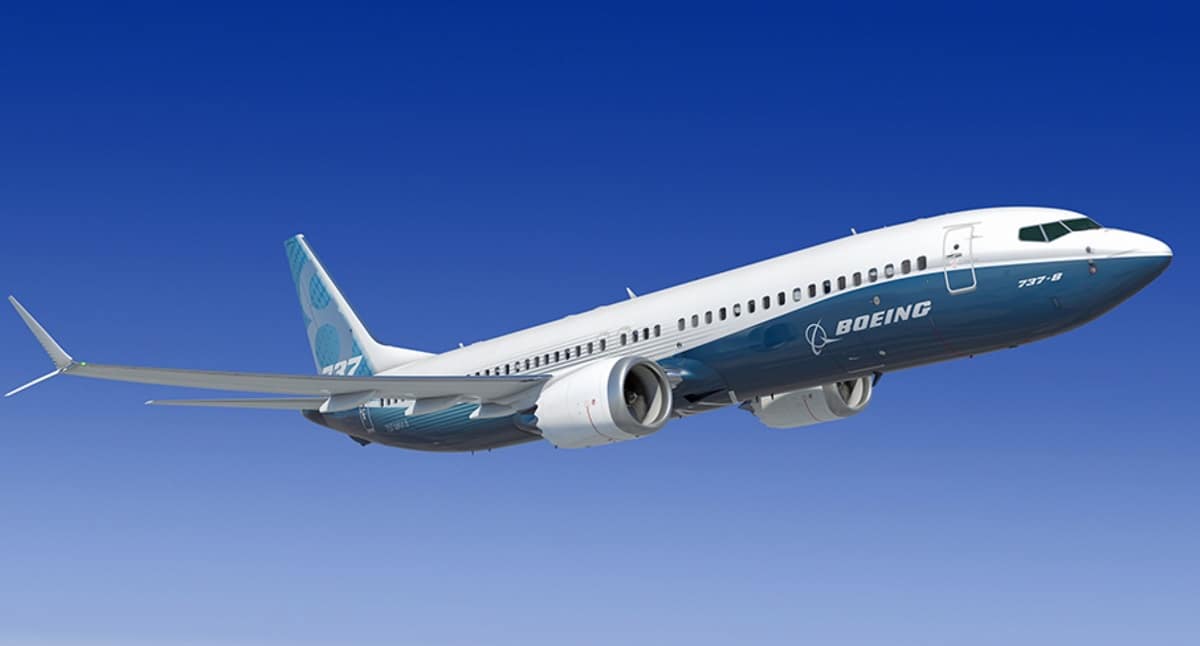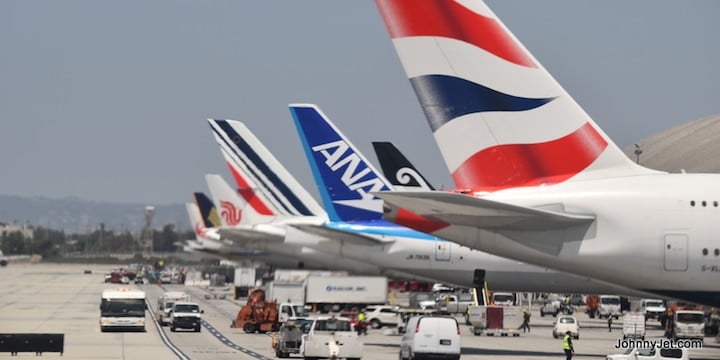This post has been generated in part by artificial intelligence. This post also contains references to products from one or more of our advertisers. We may receive compensation when you click on links to those products. For an explanation of our Advertising Disclosure, visit this page.
Johnny has written about having his bank card hacked and provided tips for preventing it from happening to you. Unfortunately, it’s happened again, with six credit cards hacked in as many days. It’s an unnerving experience to be sure and an enormous headache to deal with the banks and lock everything down. RELATED: Every Traveler Who Watches Movies on Their Phone or Tablet Needs This

It also begs the question: How did it happen? While most of us take common sense precautions to protect our data, there are so many vulnerabilities that we may not be aware of or just don’t have time to implement. Everyone is so busy being busy, we often overlook or dismiss strategies that can help keep our private information safe. Meanwhile, hackers are getting more and more sophisticated.
There are all kinds of ways hackers target their victims. They can break into your email. They can install malware on your computer. Or maybe you fall for a phishing scam. Here’s an example of an American Airlines phishing scam that travelers should be savvy about. Scammers are using artificial intelligence in scary ways like spoofing the voices of your loved ones to get money from you.
ATM skimmers are another way. Did you know that this is what an ATM skimmer looks like? Experts warn not to use airport charging stations (or any public charging station) without using a data blocker like this to protect yourself from juice-jacking. What’s juice-jacking, you ask? Read more about how to protect yourself here. TIP: The best way to prevent your phone from getting hacked while using a public charging station is to travel with your own portable phone charger like this.
And what about public WiFi networks, which so many of us use, especially when we’re traveling? Are those networks safe? Is in-flight WiFi safe? Is that how Johnny’s credit cards were compromised?
While air travel used to be a chance to kick back with an airline provided movie or a book, the advent of in-flight WiFi has made the skies just another place to log on to the Internet. But is it safe?
In-flight WiFi relies on a shared connection among passengers, making it inherently less secure than private networks. Cybersecurity experts have identified potential risks, including the possibility of unauthorized access to sensitive data. While airlines implement security measures, the reality is that no network is entirely foolproof.
According to the experts at Norton, “Why is unprotected in-flight Wi-Fi a bad idea? Here are two reasons. One, hackers could access your connection while on public Wi-Fi and steal the private information you transmit, from bank account numbers to email messages and social media passwords. This might enable them to steal your money or take over your accounts. Two, you could pick up a virus or malware that could infect your device and cause headaches for you long after you’ve landed.”
They go on to say that it’s a good idea to avoid airplane internet if you can because it can be expensive, and the connection is often spotty at best.
But if you have to use the in-flight WiFi, here are the factors you should consider to assess its safety.
How to Use In-Flight WiFi Safely
Network Encryption
Ensure that the in-flight WiFi network uses encryption protocols such as WPA3. Encryption adds an extra layer of security by encoding the data transmitted between your device and the network, making it more challenging for potential hackers to intercept.
Virtual Private Network (VPN)
Consider using a VPN (I use ExpressVPN), which establishes a secure and encrypted connection between your device and the internet. A VPN adds an extra layer of protection, especially when accessing sensitive information or conducting work-related tasks. RELATED: How a VPN Can Save You Hundreds of Dollars on Travel and Keep You Safe When Traveling
Network Name Verification
Be cautious when connecting to in-flight WiFi networks and verify the official network name provided by the airline. Avoid connecting to networks with generic or misspelled names, as these could be potential traps set up by cybercriminals.
Avoid Sensitive Transactions
While connected to in-flight WiFi, refrain from conducting sensitive transactions such as online banking or accessing confidential work documents. Save these activities for when you are on a more secure network.
Update Software and Apps
Ensure that your device’s operating system and applications are up to date. Regular updates often include security patches that protect against known vulnerabilities.
Tips for Secure Internet Usage at 35,000 Feet
Use a Password-Protected Connection
Many in-flight WiFi services require a password for access. Always choose password-protected networks over open ones to add an extra layer of security.
Log Out of Accounts
When you’ve finished using in-flight WiFi, log out of any accounts you accessed during the flight. This reduces the risk of unauthorized access to your personal or work-related information.
Enable Two-Factor Authentication
For accounts that support it, enable two-factor authentication. This adds an additional step for verification and enhances the security of your accounts.
Understand the Risks
Be mindful of the inherent risks associated with using public networks. Avoid accessing highly sensitive information or engaging in activities that could compromise your privacy.
Consider Offline Alternatives
For sensitive tasks or crucial work, consider completing them offline and uploading or sending them once you’re back on a more secure network. This minimizes the exposure of sensitive information to potential threats.
Read Terms and Conditions
Before connecting to in-flight WiFi, take a moment to review the terms and conditions provided by the airline. Understanding the limitations and responsibilities outlined can help you make informed decisions regarding internet usage.
While in-flight WiFi is generally safe for routine tasks and entertainment, it’s crucial to exercise caution when dealing with sensitive information. Hopefully these tips will help you to do just that the next time you’re 35,000 feet up in the air.
KEEP READING:
–The Versatile Bag Flight Attendants Never Travel Without
–What Do Flight Attendants Notice When You Board a Plane? Here’s What They’re Looking For
–Flight Attendant Shares 6 Spot-On Hotel Hacks
–The Travel Gadget Flight Attendants Never Leave Home Without
–American Airlines Flight Attendant Shares Her Top 3 Pet Peeves
Want more travel news, tips and deals? Sign up to Johnny Jet’s free newsletter and check out these popular posts: The Travel Gadget Flight Attendants Never Leave Home Without and 12 Ways to Save Money on Baggage Fees. Follow Johnny Jet on MSN, Facebook, Instagram, Pinterest, and YouTube for all of my travel posts.








I was sitting in an aisle seat from Denver to New Orleans on United. I was checking email on my phone that also has a case that holds my credit cards. I think someone went by me and scanned my credit cards somehow. I had two credit cards and when I went to use one that first night, it immediately got fraud on it and was shut down. Then the next night I used my other credit card and it got fraud on it (they tried to charge $171 at Papa Johns-who orders that much pizza!). So that was shut down. They also somehow got my American Airline miles and reserved a car for a month. I had to file a police report at my local station to get my miles back. It’s been a nightmare! I will never use my phone in aisle seat again.
Not sure if related but about a month ago someone opened an Affirm account in my name which is bizarre because my credit is frozen! They bought an iPad at Walmart, had it sent to a Hampton Inn in my city and thanks to an observant front desk manager, he knew it was a scam when they called to have the iPad forwarded to them in Miami. I guess this happens a lot at hotels and they are on to it. Needless to say, I’ve been living in a state of wack-a-mole since I was on that United flight 5 months ago.